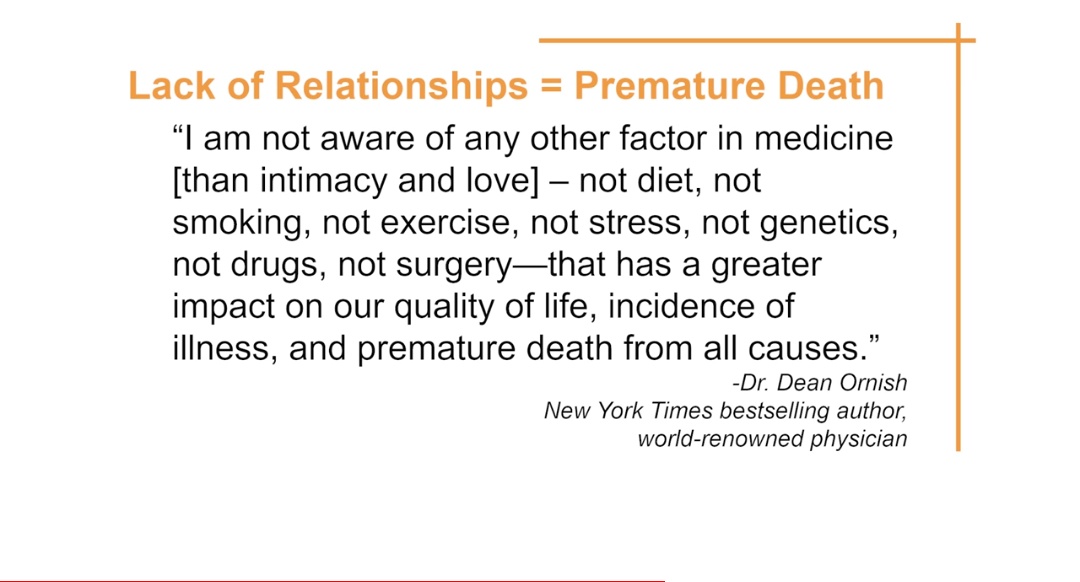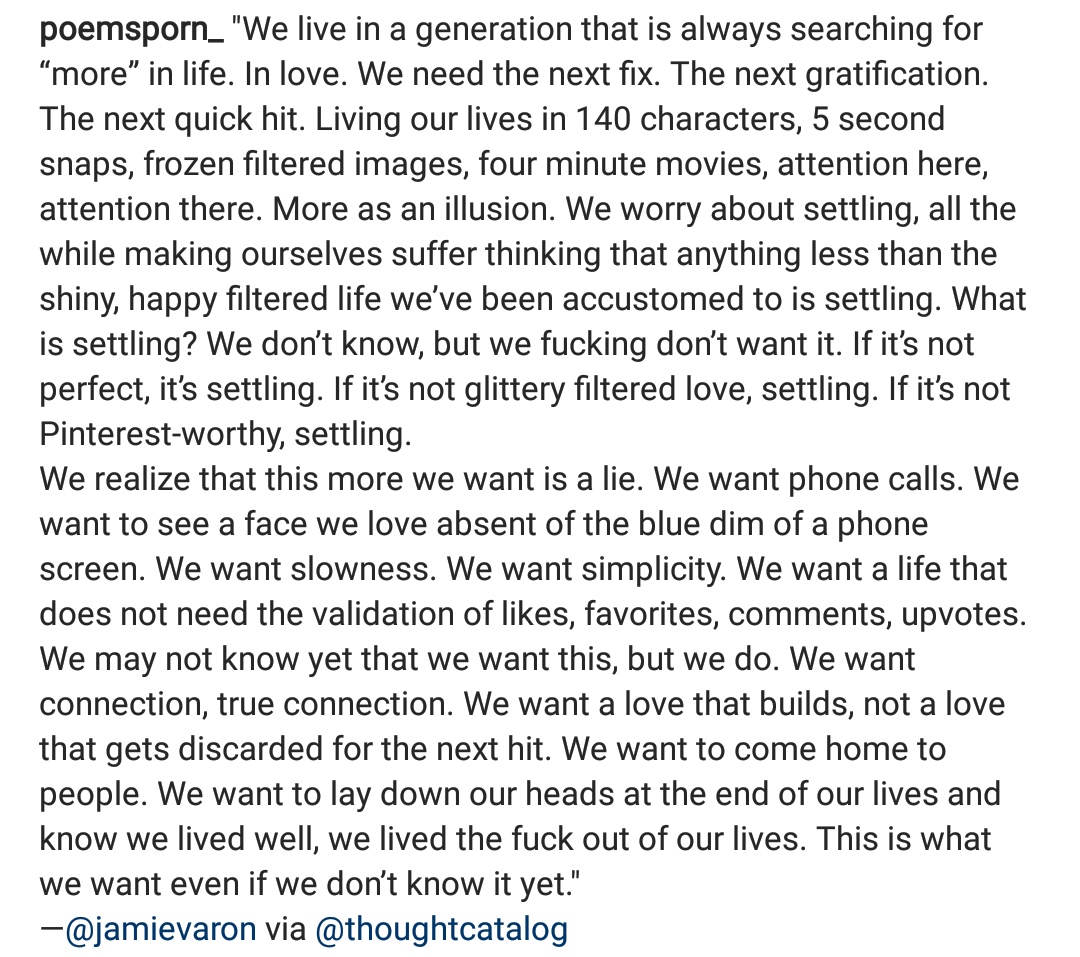“Well, we’re humans. We would easily believe that a 5 rupee fairness cream could get us from rags to riches in 7 days but this, we might ignore. We crave a quick fix. Something…”

Who wouldn’t want to live a long and happy life, but what do you think contributes to it?
While many people have ‘becoming rich and famous’ on their life goals, it’s not money. Or fame. Sure, money buys you a comfortable and a healthy lifestyle at its best but it certainly does not guarantee health or happiness over the long term. As a matter of fact, the ordinary person spends the majority of his life pursuing these aspirations and the remainder of his life spending that riches to repair the damage done in the process: to the body and the mind.
Why should you believe me? You shouldn’t.
But you might wanna take a look at the Harvard Study of Adult Development, the longest study of human life to date, which followed the lives of 724 men for 80 years. The study aimed to reveal clues to a long and healthy life. Researchers monitored the men’s work lives, homes, health, and habits year after year, amassing thousands of pages of complex data. (If you’re interested in learning more about how the information was collected, you can find that information at the end of this blog post.) Now, what was the resounding message that surfaced through this study? The one clear message from this complex study was this- Good relationships keep us happier and healthier. Period.
The three big lessons that were learned about relationships in the study are:
1. The people who are socially well connected to their family, friends or community are happier. They are physically healthier and live longer. And loneliness kills! People that are more isolated than they wannabe from others find that they are less happy, their health declines early on, their brain function declines sooner, and live shorter.

2. It’s the quality over quantity of relationships that matter. It’s not the number of friends you have or whether or not you’re in a committed relationship. You can be lonely in a committed marriage too. Conflicts in marriages showed more damage than divorcees. The quality of relationships that you share with others matters over quantity. It’s about how you feel.
3. The people who were most satisfied with their relationships at age 50 were the healthiest at age 80. Good relationships don’t just protect our bodies, they protect our brains. People who felt secure in their relationships had sharper memories even in their 80’s while people who felt they cannot count on the other showed early life memory decline.
♥️ These relationships that made life longer and healthier need not be smooth all the time. Some of the couples bickered and fought all the time but what mattered was that at the end of the day they felt they could realllllllllllllly count on the other. ♥️
This message ‘Good close relationships are good for our well-being’ is as old as the hills. But why is this hard to get and easy to ignore?- asks Robert Wallinger, the 4th director of the study.
Well, we’re humans. We would easily believe that a 5 rupee fairness cream could get us from rags to riches in 7 days but this, we might ignore. We crave a quick fix. Something that we can get (read buy) that would keep us happy our entire lives.

In a generation that feels proud to be heartless or empty of feelings or afraid of saying too much or feeling too much, its not easy being you. A good relationship of any kind ‘understands’ (If it doesn’t, its not a good relationship), so there is no need to be afraid and to show that you are devoid of feelings or to put up a facade of emptiness. Let it out, be your natural self. Be emotional, be genuine, be full of feelings, be affectionate. The world needs it. More than ever. Relationships are complicated, they’re messy. The hard work to tend to family and friends is not easy and its not something you’d call sexy or glamorous but it is all that counts.
Moral of the story: Invest more in your circle and don’t get entangled so much in pursuing your material goals that you stray away from the very pursuit of happiness.
P.S: I’m no expert but I do try. The question is, will you?
A bit more about the study: This rare study tracked the lives of 724 men of which 60 are still alive and are in their 90’s. The researchers are now beginning to study more than 2000 children of these men.
Since 1938, two groups of men were tracked. One group consisted of teenage sophomores who had just graduated from Harvard college while the other group consisted of boys from slums of Boston with troubled and disadvantaged backgrounds. The uncover is dramatic. Some became factory workers, some rose to glory, some fell from it, and one became the president of the USA. The bottom line is there were people from all walks of life as they turned into adults. The researchers interviewed them all along year after year. And not just by sending them a questionnaire but they tracked their medical bills, interviewed them personally in their living rooms, talked to their children, had their brains scanned, and also taped them talking about their deepest concerns to their wives.

3 thoughts on “The story of Relationships and the 80 year long research”